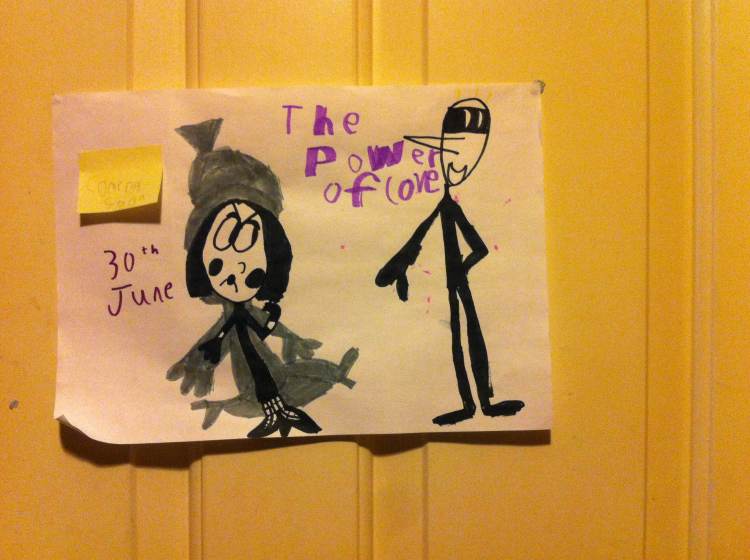Kind of apt that my latest essay has the idea of support at its heart. Gives me a chance to say thanks for all the support and kindness that came our family’s way recently, not only in the past few weeks but in the year leading up. A light in the dark that is very much appreciated.
Go raibh míle míle maith agat.
…Now, down to this business of essays. Click on the link if you want to listen to my RTÉ Arena essay about the brave and brilliant Hanna Greally.
Otherwise, get your scroll on and have a bit of a read underneath…

Hanna Greally
The reality of mental illness can be swallowed up by the myth, twisted tales born from half-heard conversations or bouts of curtain twitching. Some are called different. Or difficult. Touched. Hanna Greally was one with such label. A writer from Athlone, she was admitted to a psychiatric hospital in the midlands in the 1940s and would spend most of the next twenty years institutionalised for what is frequently described as a nervous breakdown. Her book Bird Nest Soup, first published in the 70s, is an account of her experiences in the hospital and her numerous attempts to escape. It gives a harrowing insight into the approach to mental illness at the time, how it was more about containment than healing, and how the treatment could often be the stuff of nightmares.
One of the standout things for me on reading was the concept of circumstance and how easy it is to become a victim of it. It was Hanna’s mother who encouraged her stay in the hospital, a woman who bore large struggles of her own. This was a time in Ireland that release was only granted when an immediate family member opted to sign the patient out. Hanna’s mother died when she was institutionalised. And with it, Hanna’s chances of freedom.
In the book, she speaks of how, without love or hope, many patients deteriorated from their original personalities and became so introverted that they lost touch with reality. She remembers her friends in the hospital.
‘The outcasts,’ she writes. ‘The unloved, the incurably embittered and the spirited, still fighting for their liberty.’
These are terms that could easily be attributed to so many sections of our communities at present, a large number who are also victims of circumstance. And in the same way that no amount of little blue pills will ever eradicate mental health problems, these issues cannot be contained with quick or temporary solutions. People are most vulnerable when they retreat from society or do not have the skills or means to be part of it. And the outcome for these victims of circumstance is not so much a reflection on the individual, but on the priorities of society as a whole.
Mental illness doesn’t disappear with the departing ambulance or the closed hospital door. The underlying factors are too complicated for it to just vanish, no matter how the wealth of a country transitions. It is part of a cycle of concerns that will forever ebb and flow, issues that might put in mind those coastal parts of Indonesia which are consistently prone to flooding. The poor can’t afford two story homes further inland, so strong wooden posts are constructed beneath their homes to keep them free of the water.
When shifting the land or changing the tides is impossible, it is important to gather around those at greatest risk of submerging and work together to lift them out.

